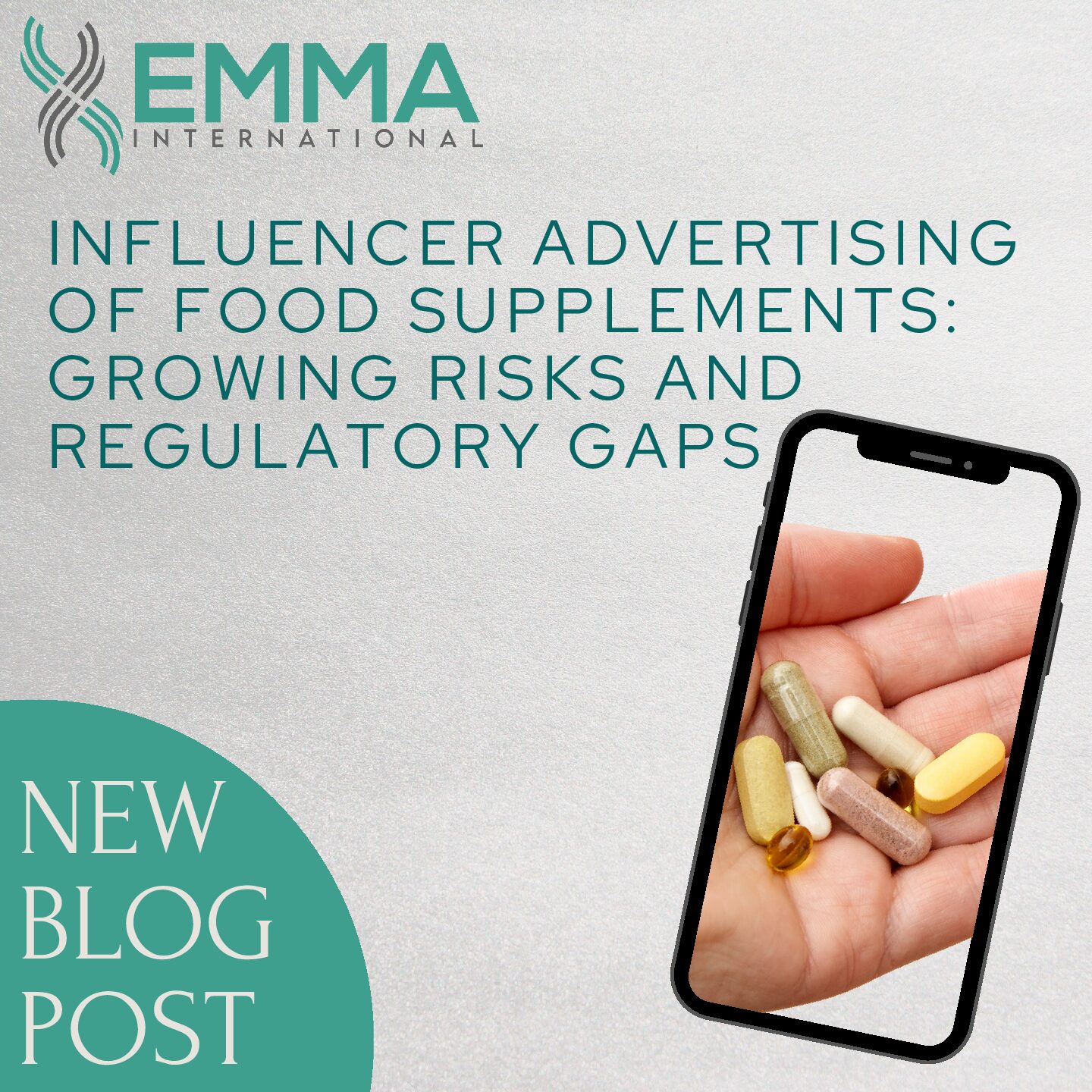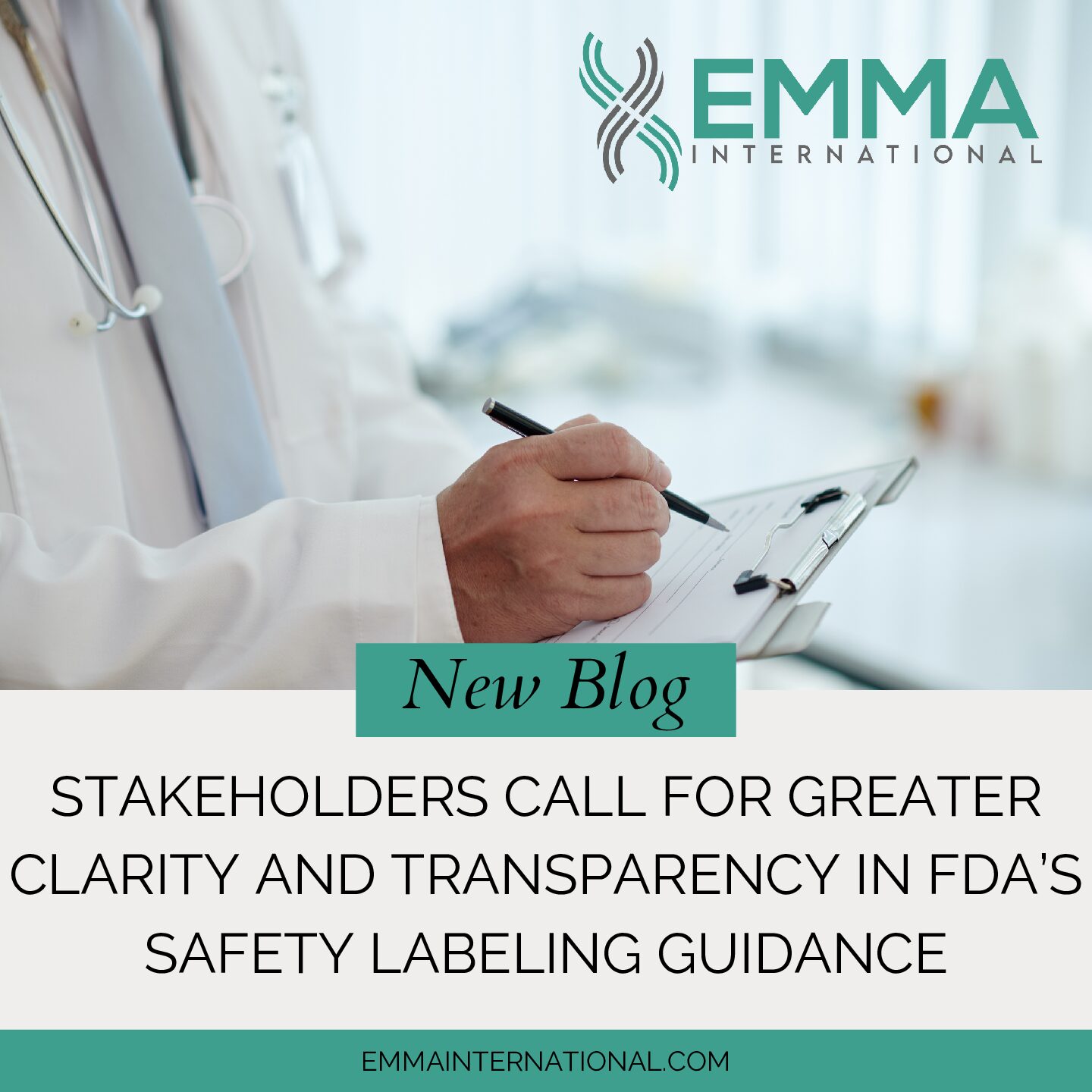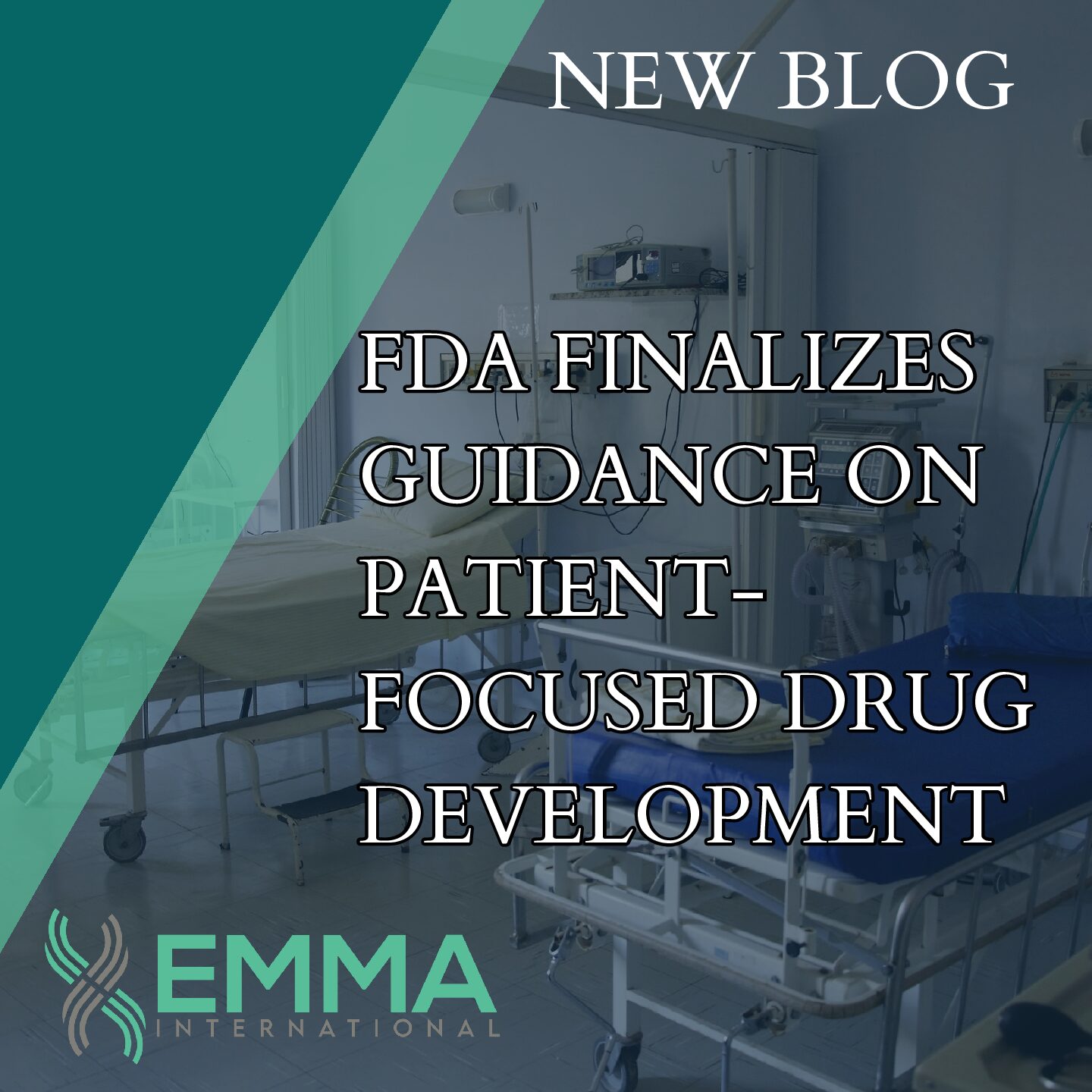For medical device and pharmaceutical companies, quality is a cornerstone of success. It ensures regulatory compliance, patient safety, and brand integrity. However, maintaining high quality comes with costs, and understanding how to manage these costs effectively can make a significant difference. This is where the concept of “Cost of Quality” (CoQ) becomes invaluable. CoQ methodologies help organizations measure and manage the expenses related to ensuring quality, making it possible to improve both operational efficiency and product outcomes. In this blog, we’ll discuss how medical device, and pharmaceutical companies can implement CoQ methodologies to enhance their operations and how EMMA International can support them in these efforts.
The Cost of Quality represents the total expenditure incurred to prevent, detect, and address defects in products. These costs are grouped into four categories: prevention costs, which include activities designed to avoid quality problems; appraisal costs, which cover inspections and testing; internal failure costs, related to defects found before products reach customers; and external failure costs, arising from issues detected after the product is in the market, such as recalls or warranty claims.
Understanding these categories allows organizations to evaluate where their quality-related spending is concentrated and how they can balance investments to achieve both regulatory compliance and cost efficiency.
The first step in implementing CoQ methodologies is to establish a framework that tracks and manages these costs. Companies need to define specific metrics that allow them to measure the quality efforts across different areas—whether it’s training, process improvements, or the costs associated with correcting defects. This data can then be analyzed to identify where the greatest inefficiencies exist and to prioritize corrective actions.
A key focus of any CoQ strategy should be on prevention. Investing in quality at the earliest stages, such as during product design and development, significantly reduces the likelihood of defects and costly failures later in the process. This means implementing robust design controls, conducting thorough risk assessments, and ensuring that employees receive the training necessary to maintain quality standards. Effective supplier management is also crucial, as it minimizes the risks of defects from raw materials or components.
Appraisal activities, such as inspections and testing, are another important part of quality management. These activities help detect issues before products move forward in the production process or are released to the market. By integrating automated testing systems and employing risk-based auditing strategies, companies can streamline these processes and reduce unnecessary costs.
In the event that defects are discovered, both internally and externally, it’s important to have a well-structured approach to handle them efficiently. Continuous improvement programs, such as Lean, Six Sigma, or Total Quality Management (TQM), can help identify root causes and reduce the occurrence of future defects. Companies should also monitor post-market performance, gather customer feedback and conduct post-market surveillance to catch any emerging issues early, thus minimizing external failure costs like recalls or product reworks.
While implementing CoQ methodologies may seem complex, EMMA International offers the expertise and resources to help medical devices and pharmaceutical companies manage these processes effectively. Our team conducts detailed assessments to evaluate your current quality-related costs and identify opportunities for improvement. We create customized CoQ frameworks that fit your company’s specific needs, ensuring that your quality management efforts are both cost-effective and compliant with regulatory standards.
EMMA International also specializes in process improvement techniques such as Lean and Six Sigma, helping you optimize workflows, reduce waste, and enhance overall quality. Whether it’s implementing automated testing solutions, streamlining appraisal processes, or enhancing supplier quality management, we offer end-to-end support to help you achieve operational excellence.
Implementing a Cost of Quality methodology is a vital step for medical device and pharmaceutical companies seeking to improve quality while controlling costs. By focusing on prevention, streamlining appraisal activities, and minimizing internal and external failures, companies can enhance their product quality and reduce unnecessary expenses. EMMA International is here to help guide your organization through this process, ensuring compliance, operational efficiency, and long-term success.
If you’re ready to take your quality management to the next level, reach out to EMMA International to begin optimizing your Cost of Quality approach. Call us today at 248-987-4497 or email info@emmainternational.com to learn more.
ASQ (n.d.) Cost of Quality COQ retrieved from: https://asq.org/quality-resources/cost-of-quality





